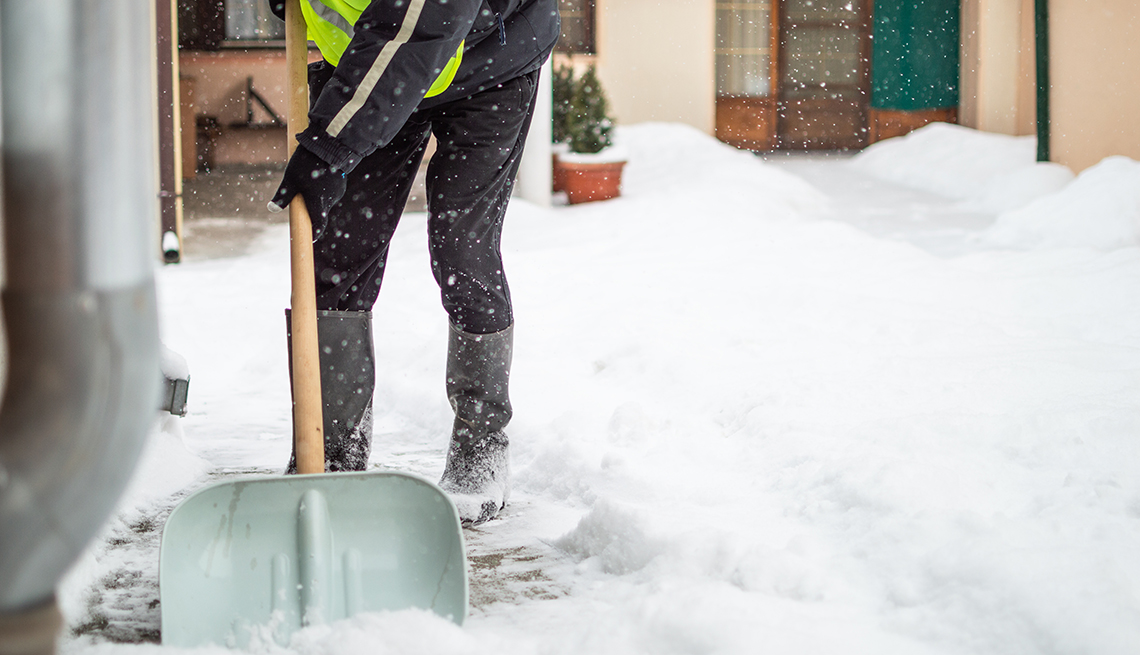AARP Hearing Center
Usually when winter blows in, flocks of retirees head to warmer climates like Arizona and Florida. But this year, many are opting to stay home and brave icy temperatures instead of traveling south, due to concerns about contracting COVID-19.
While most tourism bureaus don't track winter residents who spend one to six months in a sunshine state, overall travel to traditional snowbird destinations has dropped dramatically since 2019. Air travel to Arizona is down by 52 percent in 2020, while Florida is seeing one-third fewer visitors.
For the past 10 years, Robert Lewy, 75, a retired physician in Blauvelt, New York, and his wife, Barbara, 73, have rented a house in Naples, Florida for the month of February. But this year, they canceled their sun-soaked holiday. Lewy and his wife weren't comfortable going through an airport and flying and have heard that many people in Florida aren't taking social distancing precautions seriously.
"We decided not to go because of COVID,” he says. “We're both healthy and active — we play tennis, go to the beach and ride bikes — but we were worried about traveling.”
If you plan on reaching for your snow boots instead of your swimsuit this year for the first time in a long while, here's how to deal with winter.
Gather the proper winter gear


As long as you're dressed warmly, you can enjoy plenty of outdoor activities during the winter. But if your boots are circa 1998 and you can't find a matching pair of insulated gloves, maybe it's time to invest in some appropriate layers for the coming season. Do an inventory of your winter gear and make sure you have the necessary jackets, scarves and hats.
"We've increased our supply of winter clothes — we bought long underwear and warm socks,” Lewy says.
Make sure to have good quality, waterproof winter boots that haven't deteriorated with age or lack of use, says Malka Young, 67, a licensed social worker, certified care manager and director of Allies in Aging at JFS Elder Care Solutions in Framingham, Massachusetts.





































































